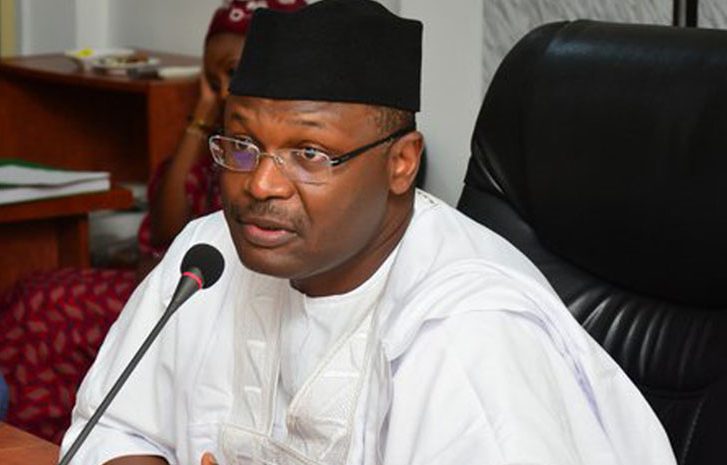By DAYO ADESULU
The Independent National Electoral Commission (INEC) is planning a series of reforms to broaden voter inclusivity and strengthen Nigeria’s electoral system. These proposed changes aim to allow individuals engaged in essential services during elections, such as security agents, journalists, and inmates in correctional centres, to cast their votes in future general elections.
Additionally, INEC intends to approach the National Assembly to amend existing laws to facilitate voting by Nigerians in the diaspora and other designated categories of eligible citizens.
Key Recommendations from the Post-Election Review
The reforms are part of a 75-page report prepared by INEC’s post-election review committee, chaired by Prof. Rhoda Gumus, which assessed the conduct of the 2023 general elections. Highlights of the report include:
- Inclusion of Marginalised Groups: INEC urged legal provisions for designated constituencies to encourage the participation of women and persons with disabilities in elective positions.
- Collaboration to Update Voter Register: INEC plans to work with the National Identity Management Commission (NIMC) and the National Population Commission to identify and remove deceased persons from the voter register.
- Creation of Electoral Offences Commission: INEC is advocating for the establishment of a tribunal to handle electoral offences, alleviating its burden of investigating and prosecuting offenders.
- Streamlining Candidate Substitution: The report recommends amending the Electoral Act 2022 to limit candidate substitution to two weeks after the final list of candidates is published, except in cases of death.
- Improved Voter Identification: Proposals include replacing the Permanent Voter Card (PVC) with more accessible options like Temporary Voter Cards (TVC) or e-cards, and revising Section 47(1) of the Electoral Act to allow electronic voter cards.
- Enhanced Legal Framework: Amendments are needed to address ambiguities in electoral laws, including clarifications on INEC’s authority to review results under Section 65.
Strengthening Election Processes
The report underscores the need for a stable funding regime, encouraging the National Assembly to align funding provisions with Section 3(1) of the Electoral Act. It also suggests modifications to sustain the deployment of technology and improve administrative procedures for electoral transparency.
Stakeholder Observations
INEC’s report consolidated 75 observations from stakeholders, including political parties, civil society organisations, and security agencies. Concerns ranged from political interference and violence to issues with polling agents, election observers, and voter participation.
Next Steps
INEC Chairman, Prof. Mahmood Yakubu, presented the report to the Senate and House Committees on Electoral Matters, urging swift legislative action. The reforms seek to address challenges identified during the 2023 general elections while promoting inclusivity and efficiency in future polls.


